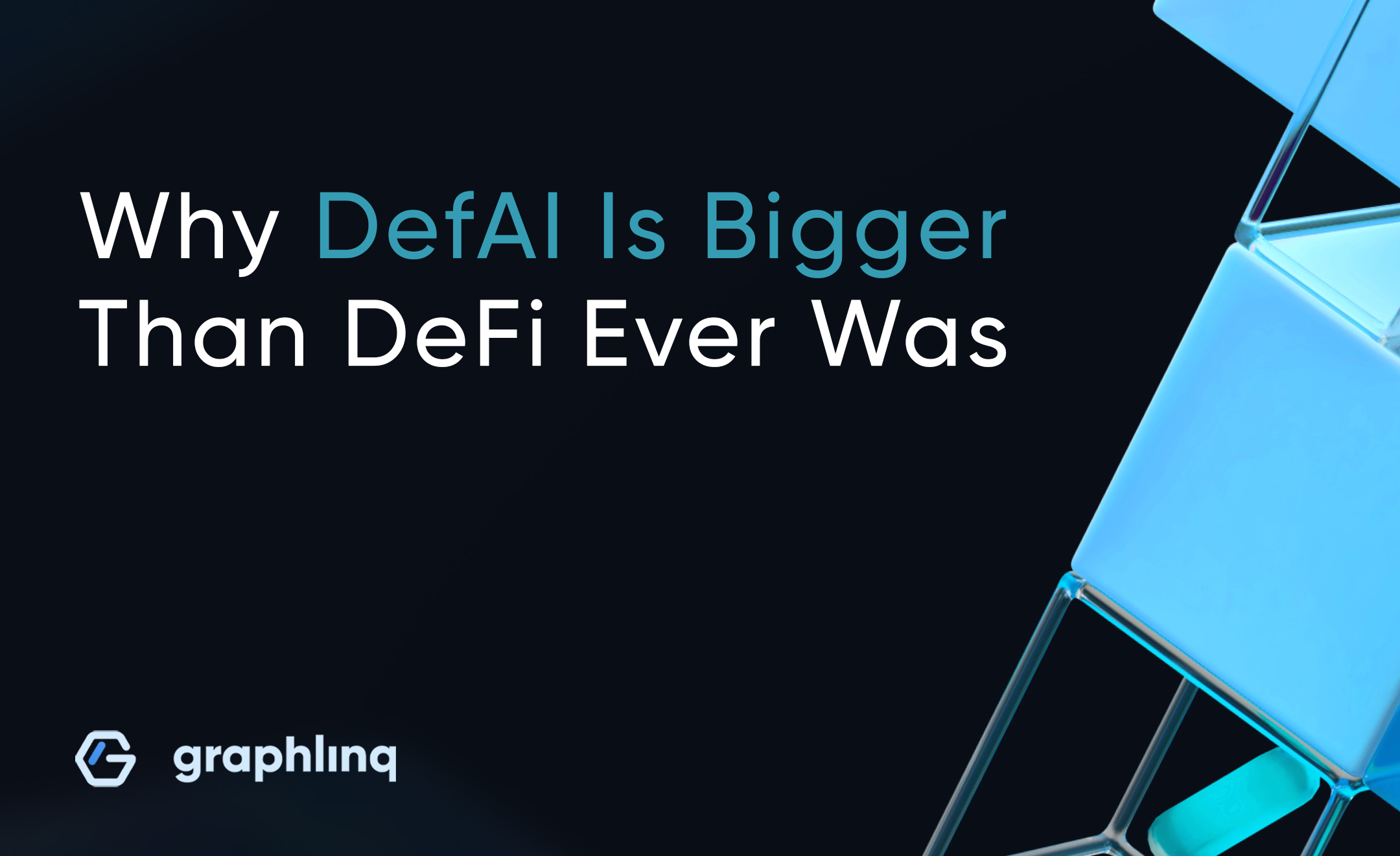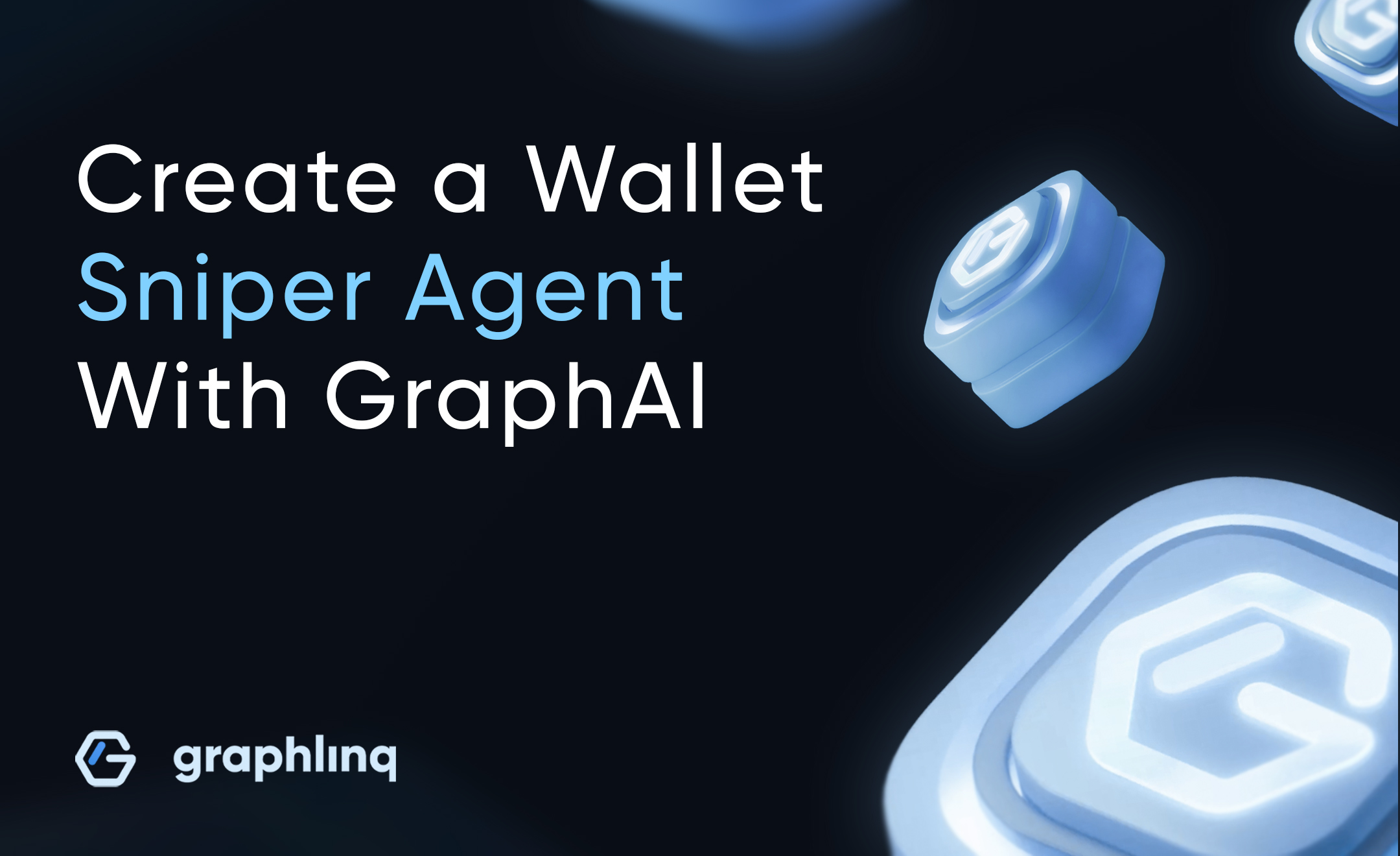What is a Smart Contract? An Overview of Smart Contract Technology
In today's fast-paced digital landscape, smart contracts have emerged as a revolutionary force, transforming how transactions and agreements are conducted. Built on blockchain platforms, these self-executing contracts combine traditional contract principles with the efficiency, transparency, and security of decentralized ledger technology.
Whether you're new to blockchain or a seasoned crypto enthusiast, this comprehensive guide will provide you with vital insights into smart contracts, covering their foundational principles, development, and wide-ranging applications across various industries.
What is a Smart Contract in Crypto?
Smart contracts are groundbreaking technology that's revolutionizing digital transactions. At their core, they are self-executing contracts with the agreement terms directly written into code. Simply put, a smart contract is a digital agreement that automatically enforces its terms when certain conditions are met. Its "smart" aspect stems from its autonomous nature, eliminating the need for intermediaries.
Key Features of Smart Contracts
- Decentralized: Operate on decentralized platforms, primarily blockchain networks.
- Transparent: All parties can view the terms and conditions.
- Immutable: Once launched, smart contracts cannot be altered, ensuring trust among parties.
How Do Smart Contracts Work?
Understanding the mechanics of smart contracts is crucial, especially given the pace of digital innovation. Here's a closer look at their operation:
Creation
- Defining Terms: The agreement's terms must be clearly defined by developers, encompassing everything from payment terms to potential penalties or rewards.
- Programming Language: Developers use specialized languages for blockchain environments, such as Solidity for Ethereum.
Deployment
- Blockchain Selection: Choosing the right blockchain is essential. Ethereum is popular for its flexibility, but alternatives like Binance Smart Chain or Cardano also support smart contracts.
- Gas Fees: Deploying smart contracts incurs costs, such as 'gas' fees on Ethereum, which compensate for the computational energy required.
- Verification: Before going live, smart contracts undergo verification to ensure code integrity and security.
Execution
- Trigger Events: Specific conditions or events (e.g., date milestones, external confirmations) trigger smart contract functions.
- Autonomy: Once conditions are met, actions are automatically executed without external interference, ensuring transparent and fair transactions.
- Interactions with the External World: Smart contracts often need external data (e.g., temperatures, stock prices) provided by Oracles, which serve as data bridges.
-
Benefits of Smart Contracts
Smart contracts are fundamental to blockchain technology and digital transactions, offering numerous benefits:
- Transparency: Every transaction and term is visible to all involved parties.
- Immutability: Code remains unchanged post-deployment, ensuring consistent terms.
- No Middlemen: Simplifies processes by eliminating intermediaries like lawyers and notaries.
- Reduced Fraud Risk: Automated checks minimize fraud risks.
- Instant Transactions: Transactions that used to take days can now be settled in minutes.
- Elimination of Manual Processes: Reduces human errors and inefficiencies through automation.
- Cryptography: Utilizes advanced cryptographic techniques for data integrity and safety.
- Consensus Protocols: Validations by multiple network parties enhance security.
- Borderless Operations: Not restricted by geographical boundaries, enabling seamless global transactions.
Smart Contract Use Cases
Smart contracts have transformed transactions in the digital age with a broad range of applications across different industries:
- Real Estate Transactions: Automates processes like title transfers and escrow services, reducing transaction costs.
- Supply Chain Management: Ensures transparency and traceability, verifying goods' origin and handling.
- Decentralized Applications (dApps): Operate on public blockchains without intermediaries, governing operations and handling digital assets.
- Digital Asset Management: Manages the buying, selling, or transferring of digital assets, ensuring terms are met before finalizing transactions.
- Legal Contracts: Offers an efficient alternative to traditional legal contracts by automatically enforcing terms without third parties.
Example of a Smart Contract
To better understand smart contracts, consider this analogy:
- Vending Machine: Insert a coin, and the machine releases a snack. The vending machine operates similarly to smart contracts—when conditions are met (inserting a coin), actions occur (releasing a snack).
Real Estate Transaction:
- Creating the Contract: Buyer and seller agree on a price for a property and use a smart contract platform to define terms (e.g., payment confirmation triggers ownership transfer).
- Storing on the Blockchain: The contract is stored on a blockchain, ensuring security and decentralization.
- Execution: Buyer sends digital currency to the smart contract, which verifies payment and automatically transfers ownership rights.
- Completion: Both parties receive confirmation, completing the transaction without intermediaries, reducing costs, and increasing efficiency.
FAQs
What Blockchains Use Smart Contract Technology?
Several blockchains facilitate smart contract execution with innovative distributed ledger technology. Ethereum is the most popular, but others like Binance Smart Chain, Cardano, Polkadot, and Tezos also support smart contracts. These platforms recognize the potential of smart contracts to automate and secure processes, from financial transactions to complex business operations.
What is a Smart Contract Developer?
A smart contract developer writes, tests, and deploys smart contracts on blockchain platforms. They ensure smart contract security and efficiency, understanding languages like Solidity or Vyper for Ethereum. Their role is crucial, as flawed code can lead to financial losses or other issues.
Conclusion
Smart contracts represent a significant leap in digital contract technology, offering transparency, security, and efficiency. Whether you're a novice or an experienced blockchain enthusiast, understanding and leveraging smart contracts can provide substantial benefits for various applications.
For more insights and updates on blockchain technology, smart contracts, and decentralized ledger advancements, stay tuned and join the conversation with our community.




.jpg)

























%20Do%20Bitcoin%20Cycles%20Still%20Work_.jpg)
%20What%E2%80%99s%20Next%20for%20Bitcoin%20in%202025_.jpg)



%20What%20Is%20a%20Crypto%20Swap.jpg)






























.jpg)
%20How%20to%20Find%20New%20Cryptocurrencies%20%20Worth%20Investing%20In.jpg)
%20Understanding%20Cryptocurrency.jpg)

.jpg)

A%20Comprehensive%20Guide%20to%20Altcoin%20Season.jpg)
%20cases%20and%20Future%20of%20Ai%20in%20Crypto.jpg)
%20How%20to%20Create%20Your%20Own%20MetaMask%20Wallet.jpg)
%20How%20to%20use%20your%20Crypto%20wallet%20safely.jpg)
%20How%20to%20Protect%20Against%20Crypto%20Scams%20and%20Ponzi%20Schemes.jpg)









